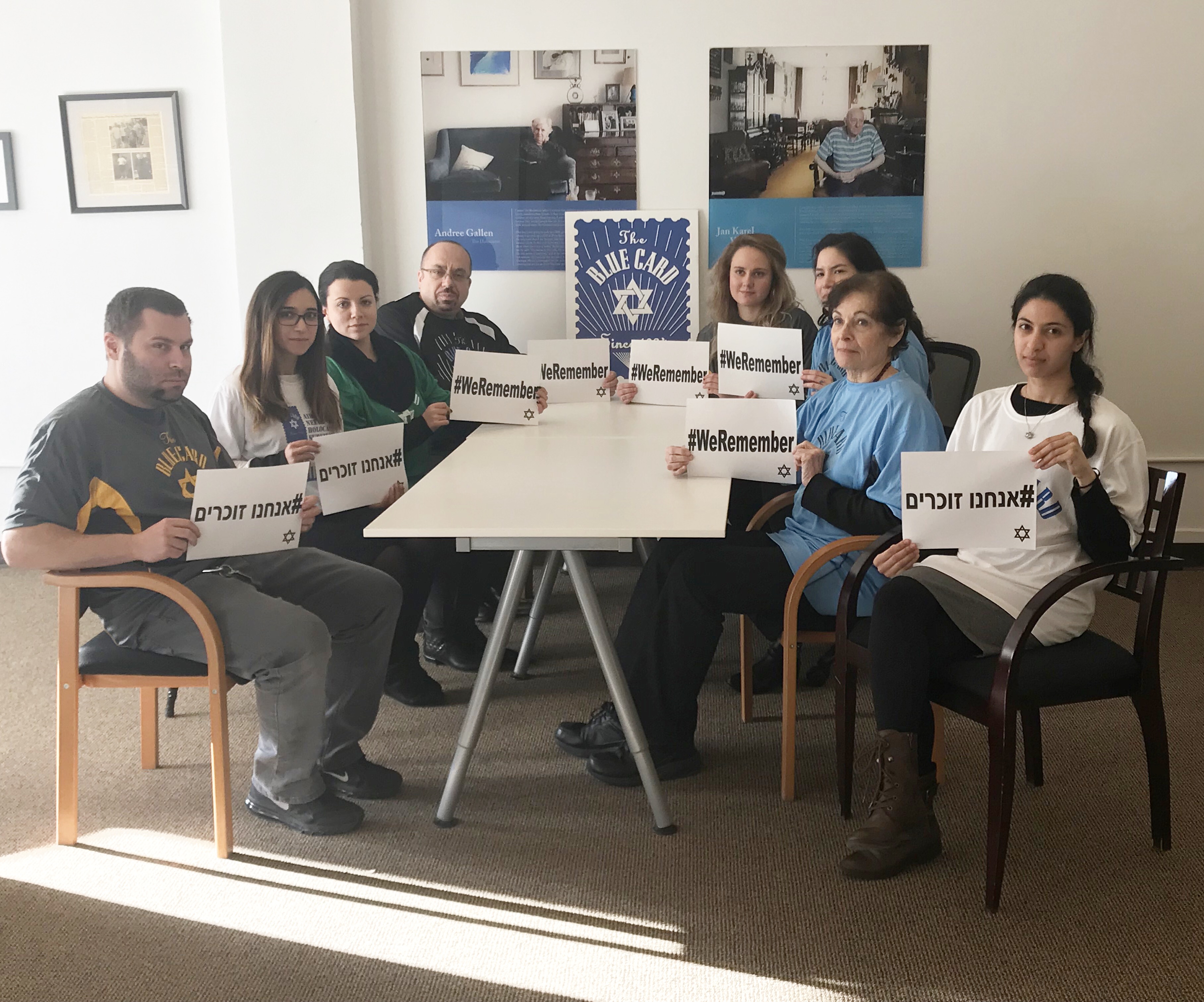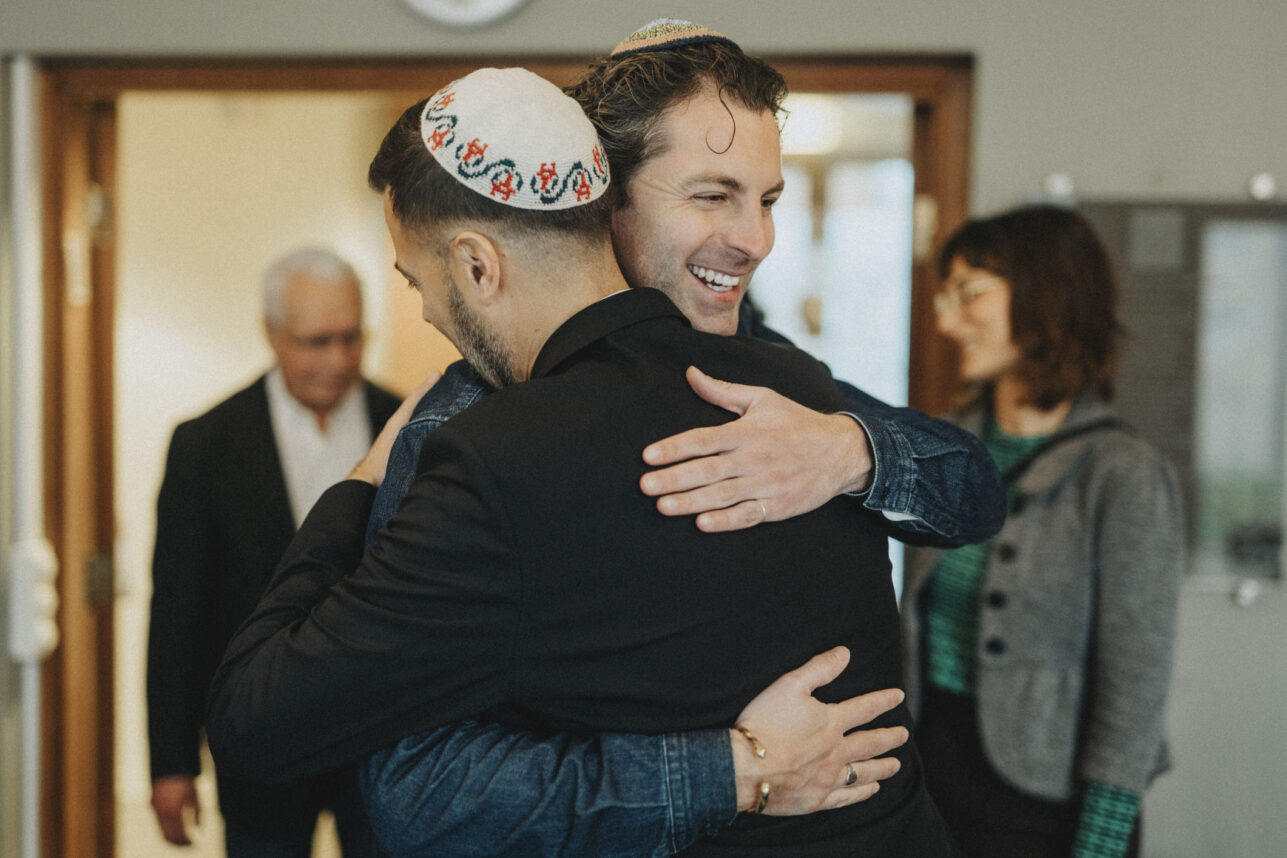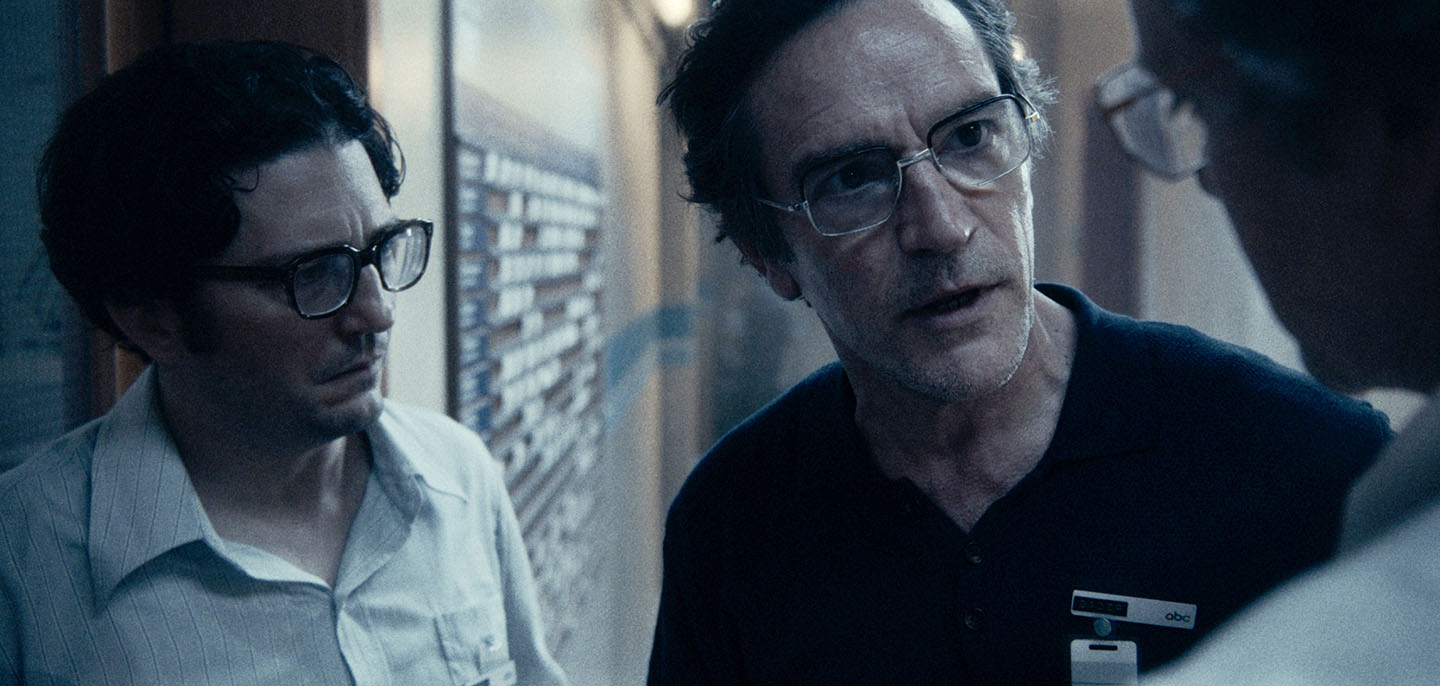
With International Holocaust Remembrance Day happening on Jan. 27, it’s important to note that there is only one organization in the United States that provides financial assistance to Holocaust survivors in need: The Blue Card.
The Blue Card was first established in 1934 to provide aid to Jews in Germany who suffered under the Third Reich and was established in the United States in 1939 to help refugees who were fleeing the Nazis. Today, The Blue Card offers a variety of programs to aid Holocaust survivors, which includes the Emergency Cash Assistance Program that provides survivors with the money necessary to cover their basic necessities and the Stipend Program, which provides monthly checks for impoverished Holocaust survivors.
The Blue Card also offers programs that have the purpose of putting a smile on the faces of Holocaust survivors, one such program is called the Bring a Smile program that provides terminally ill Holocaust survivors with the opportunity to check off items on their bucket list. Another program like this is the Mazel Tov Birthday Program that gives birthday cards to Holocaust survivors.
Elie Rubinstein, vice president of The Blue Card, told the Journal in a phone interview about a recent conversation he had with a Holocaust survivor who passed away from cancer where she stated that she felt like she had “failed twice in my life” – for being unable to save her little brother from the gas chambers and for having to be dependent on The Blue Card in order to get by.
“I think it’s our responsibility as members of the Jewish community to provide people with this much need of support so they can live with dignity,” said Rubinstein.
Rubinstein also noted that Holocaust survivors have a 2.5 times higher incidence rate of cancer than those of the same age who weren’t in concentration camps, with women typically facing breast cancer and men facing colorectal cancer.
“The immune system was so compromised in their formative years so late in life it comes and catches with them,” said Rubinstein.
According to a press release from The Blue Card, “Holocaust survivors face a higher rate of chronic and acute illness” in general due to the damage taken by their immune systems during the Holocaust, which puts more stress on their finances. The press release also noted that “61% of survivors live on less than $23,000 per year” and around “one-third of the approximate 100,000 Holocaust survivors living in the United States today live at or below the poverty line.” Additionally, the vast majority of Holocaust survivors live alone and are over 75 years old, according to The Blue Fund’s website.
Overall, The Blue Card sees a 20% increase in requests for aid every year.
“On this International Holocaust Remembrance Day, we want to honor the memories of those we lost by remembering those survivors still with us who are trying to live their remaining years in dignity,” Masha Pearl, Executive Director of The Blue Card , said in a press release. “For those senior citizens that survived the atrocities of the Holocaust, many are struggling to make ends meet in the face of a growing number of medical issues, the rising cost of living and challenges navigating the health system.”
“The time to help is now. The mission of The Blue Card to help survivors is incredibly time-sensitive. As we remember this dark time, we are looking to the larger community to spread awareness about those still in need, and to help us find others who can use a helping hand.”
Visit BlueCardFund.org to donate and find out more information about the organization.






















 More news and opinions than at a Shabbat dinner, right in your inbox.
More news and opinions than at a Shabbat dinner, right in your inbox.